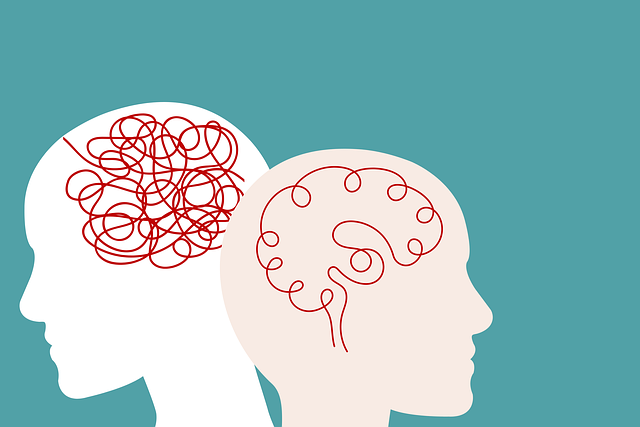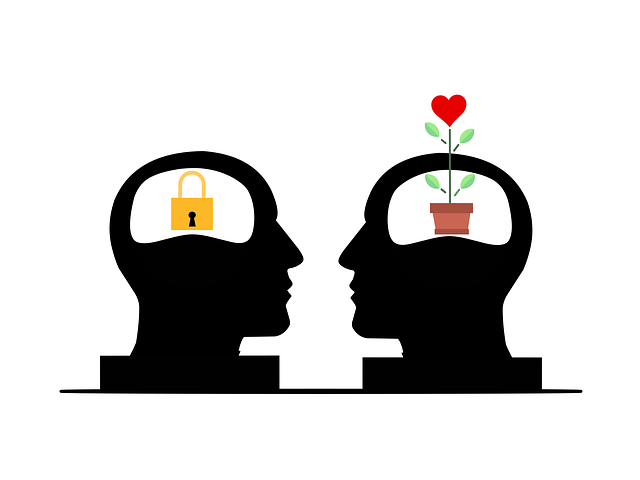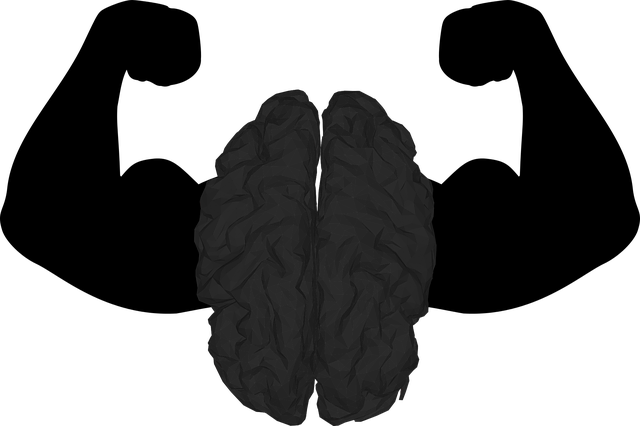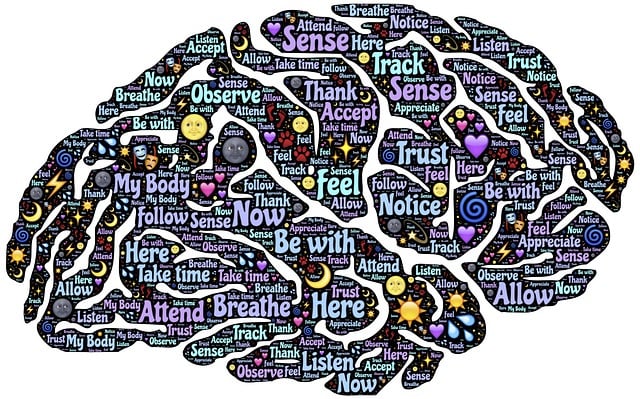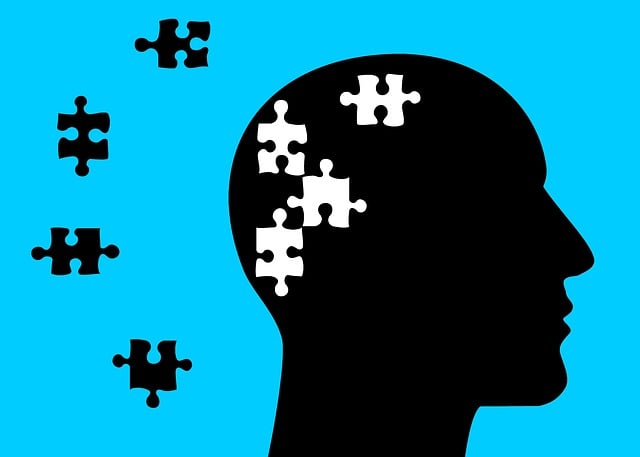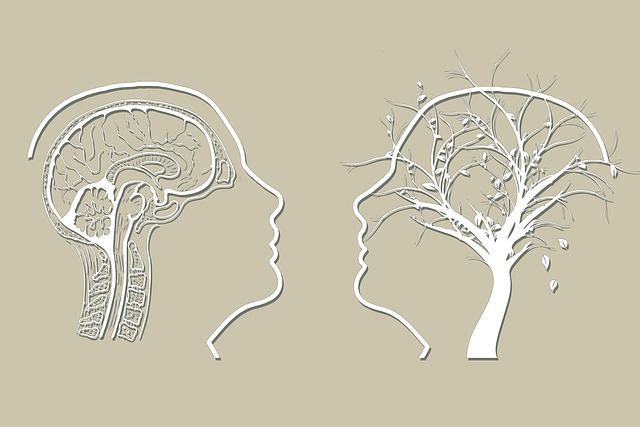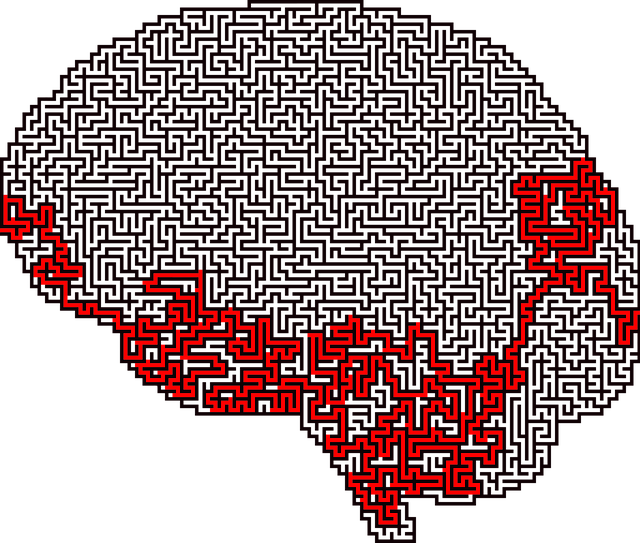Lafayette Interpersonal Issues Therapy (LIIT) offers a unique, highly effective approach to mental health care by focusing on cultural competency through case studies and interactive training. Their program equips healthcare providers with the skills needed to create inclusive environments, understand diverse patient struggles, and deliver personalized treatment plans. By addressing burnout prevention, promoting self-reflection, and integrating risk management planning, LIIT empowers professionals to provide compassionate care for all patients, regardless of cultural background. Rigorous evaluation methods, including pre-post training assessments and qualitative feedback, ensure the program's effectiveness in enhancing healthcare delivery and interpersonal interactions.
Healthcare provider cultural competency training is an essential aspect of modern medical care, addressing the critical need for empathetic, effective patient interactions. This article explores the significance of cultural competency in healthcare, using Lafayette Interpersonal Issues Therapy as a case study to demonstrate its practical application. We delve into strategies for designing impactful training programs and methods for measuring their success, emphasizing the transformative power of culturally competent care.
- Understanding Cultural Competency in Healthcare: Why It Matters
- Lafayette Interpersonal Issues Therapy: A Case Study Approach
- Developing Effective Training Programs for Healthcare Providers
- Measuring and Evaluating the Impact of Cultural Competency Training
Understanding Cultural Competency in Healthcare: Why It Matters

Cultural competency in healthcare is a vital aspect that goes beyond treating symptoms; it involves understanding and respecting diverse cultural backgrounds, beliefs, and values. In today’s diverse society, healthcare providers need to be adept at navigating interpersonal issues therapy, especially when addressing mental health concerns like depression prevention. This is where Lafayette Interpersonal Issues Therapy plays a crucial role. By enhancing cultural competency, therapists can create a more inclusive environment, fostering better patient-provider relationships.
When patients feel heard and understood, they are more likely to open up about their struggles, enabling self-awareness exercises and self-esteem improvement. These conversations can lead to more effective treatment plans tailored to individual needs. Cultural sensitivity ensures that mental health services are accessible and beneficial for all, regardless of their cultural heritage or social background.
Lafayette Interpersonal Issues Therapy: A Case Study Approach

Lafayette Interpersonal Issues Therapy (LIIT) offers a unique case study approach to healthcare provider cultural competency training. This innovative method immerses participants in real-life scenarios, allowing them to navigate complex interpersonal dynamics and cultural nuances. By studying various case studies, providers gain valuable insights into the impact of unaddressed mental health issues on patient care, especially within diverse communities.
The program’s focus on burnout prevention strategies for healthcare providers is a critical aspect of its design. Through interactive discussions and reflective exercises, participants learn effective coping mechanisms to manage stress and maintain their mental wellness. Additionally, LIIT incorporates Mental Health Education Programs Design elements, enabling medical professionals to integrate cultural competency into their practice. The Mental Wellness Journaling Exercise Guidance provided encourages self-reflection, fostering a deeper understanding of personal biases and promoting empathetic interactions with patients from different backgrounds.
Developing Effective Training Programs for Healthcare Providers

Effective training programs for healthcare providers, especially those focusing on mental health like Lafayette Interpersonal Issues Therapy, are crucial in fostering cultural competency. These programs should go beyond surface-level awareness and delve into practical strategies for navigating interpersonal issues. Incorporating role-playing scenarios, case studies, and interactive workshops allows professionals to experience and address diverse patient backgrounds, preferences, and communication styles. By engaging with these dynamic methods, providers can enhance their ability to offer personalized care while mitigating potential risks.
Risk Management Planning for Mental Health Professionals plays a significant role in these training programs. Stress Management Workshops Organization can provide valuable tools for self-care practices, crucial for maintaining well-being in high-pressure environments. Through continuous learning and the implementation of effective strategies, healthcare providers can improve patient outcomes and create more inclusive, compassionate care settings.
Measuring and Evaluating the Impact of Cultural Competency Training

The impact of healthcare provider cultural competency training should be carefully measured to ensure its effectiveness and long-term benefits. This evaluation process involves assessing both the immediate outcomes and the broader, long-range effects on patient care and interpersonal interactions. One way to gauge success is through pre-post training assessments, where participants’ knowledge and attitudes are tested before and after the program. These tests can reveal shifts in perspective, increased awareness of cultural differences, and improved confidence in handling diverse patient populations.
Moreover, qualitative feedback from training attendees, such as those provided by Lafayette Interpersonal Issues Therapy, can offer valuable insights into the practical application of learned skills. Participants may share stories of successfully navigating complex cultural situations, demonstrating improved emotional regulation and empathy building strategies. This qualitative data complements quantitative measures, providing a comprehensive understanding of how cultural competency training is enhancing care delivery and fostering positive thinking among healthcare providers.
Cultural competency training is a game-changer in healthcare, as evidenced by the successful implementation of programs like Lafayette Interpersonal Issues Therapy. By focusing on understanding diverse cultural backgrounds and addressing interpersonal issues, these initiatives enhance patient care and foster more inclusive environments. Effective training involves interactive workshops, case studies, and continuous evaluation to ensure impactful results. Measuring the success of such programs is crucial for improvement and can lead to better health outcomes for all patients, regardless of their cultural background.

